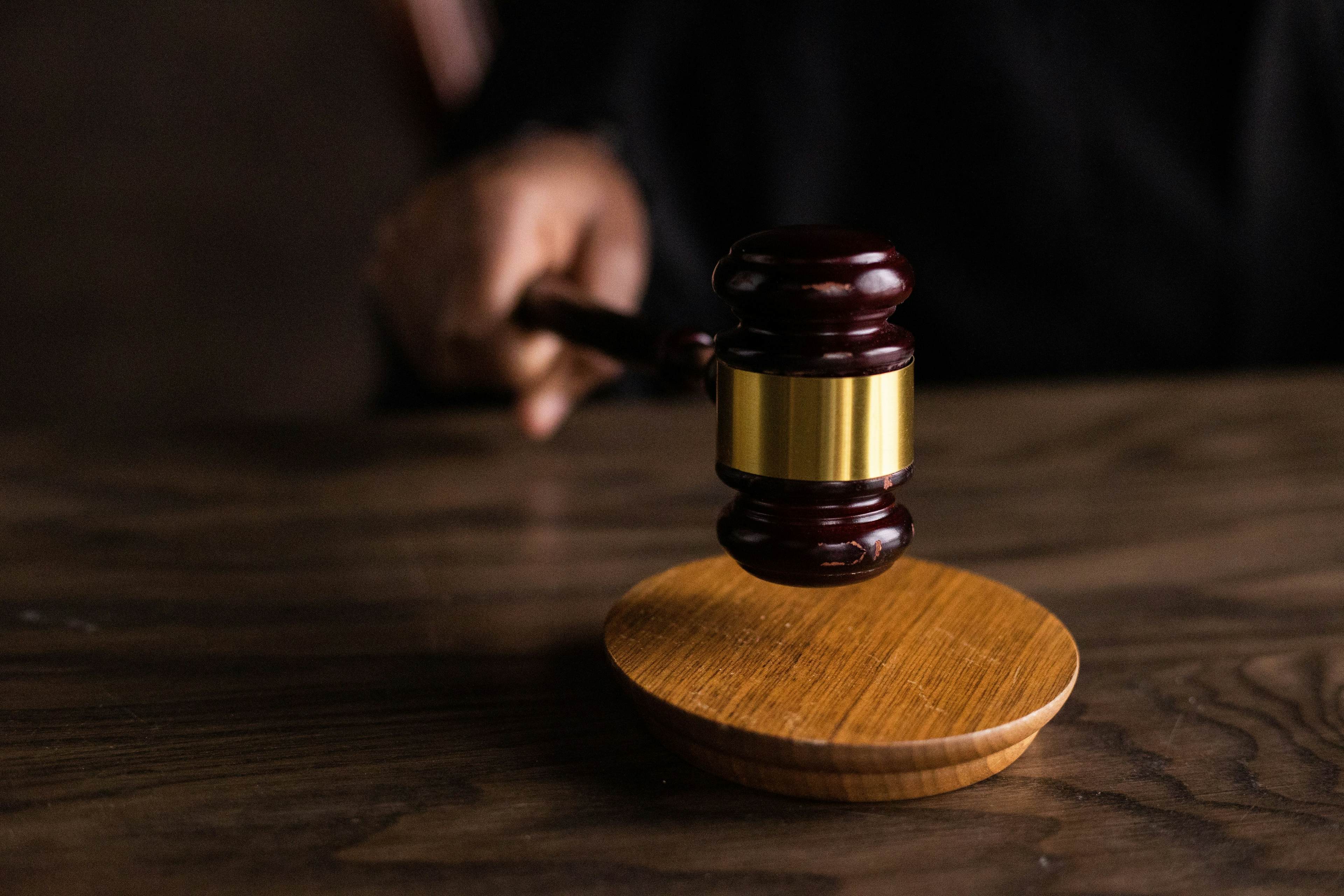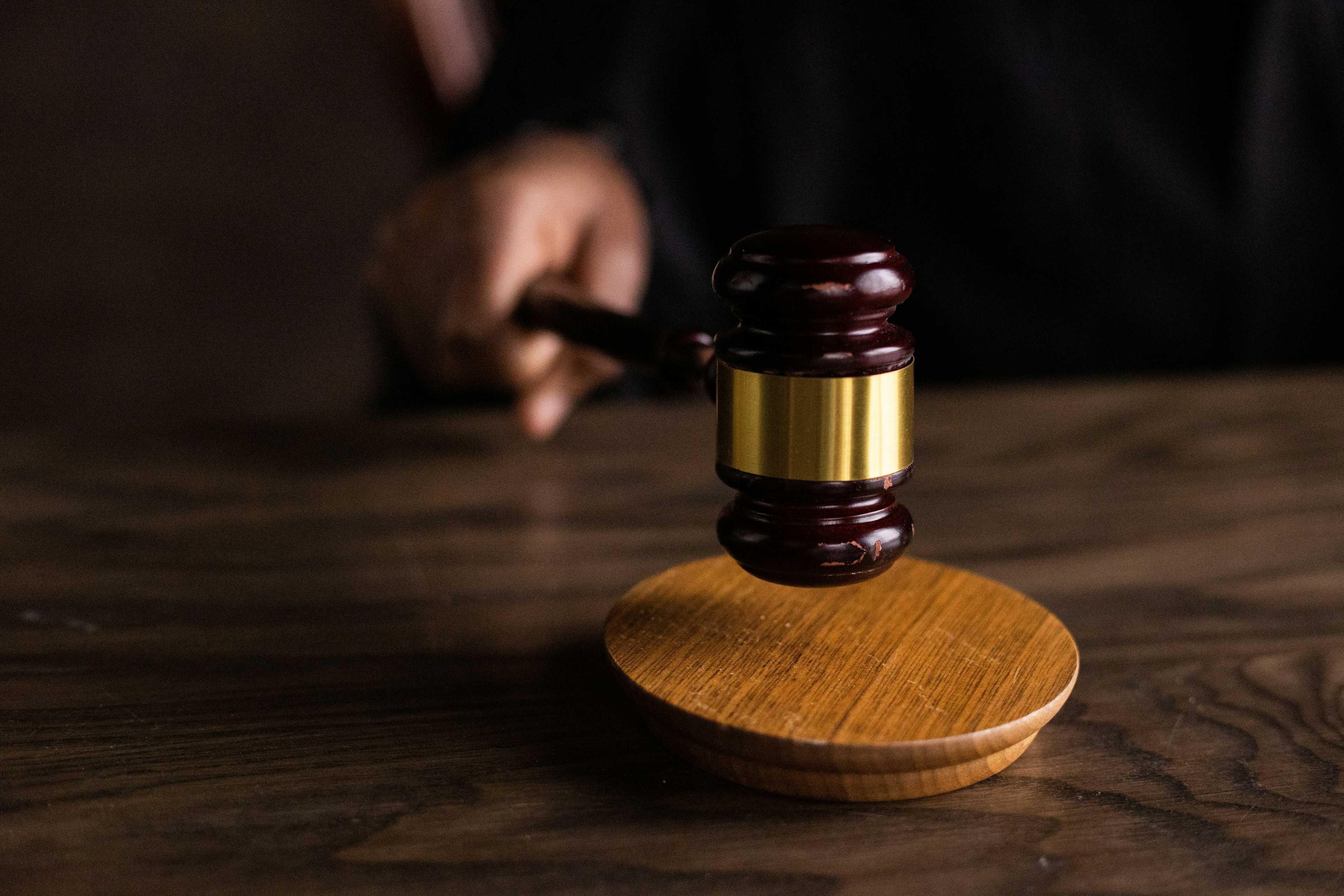Warren Jeffs and the FLDS
Warren Jeffs is the leader of the Fundamentalist Church of Jesus Christ of Latter-Day Saints, a breakaway sect that practices polygamy. The FLDS is not affiliated with the Church of Jesus Christ of Latter-Day Saints, commonly known as the Mormon church.
In 2006, Jeffs appeared on the FBI’s Ten Most Wanted List after fleeing charges that he arranged illegal marriages between adult male followers and underage girls. His history with the criminal courts includes charges filed in Arizona in 2007 and a 2007 Utah conviction, later overturned due to flawed jury instructions. In 2011, Jeffs was convicted in Texas of two felony counts of child sexual assault. He is currently serving a life sentence plus 20 years in a Texas prison, yet both Jeffs and his followers still consider him the leader of the FLDS.
The Utah District Court Ruling
The case was filed in July 2016. It named fifteen plaintiffs with claims against Jeffs, including forced labor and illegal taking of property and money by Jeffs.
Jeffs did not respond to the Utah lawsuit, thus defaulting on the claims made in the case. U.S. District Judge Ted Stewart held a bench trial on the issue of damages. After examining the evidence, Judge Stewart determined that Jeffs was liable for $47,305,585 in compensatory damages and nearly $105 million in punitive damages.
In his 155-page opinion, U.S. District Judge Ted Stewart detailed the “forced labor, forced sexual servitude, extortionate taking of property, and disintegration of family units” that occurred within the FLDS under Jeffs' instruction.
The opinion also specified the amounts that each of the 15 plaintiffs would receive. Plaintiff Alicia Rohbock received the largest share of the damages, totaling just over $26.5 million.
Alicia Rohbock was originally the 23rd wife of Jeffs’ father, Rulon Jeffs, the founder of the FLDS. Upon the death of Rulon Jeffs, Warren Jeffs married most of his father’s wives. At least one left the FLDS to avoid the match, and Rohbock asked instead to marry one of Warren Jeffs’ brothers.
According to the opinion, Warren Jeffs allowed the marriage but then proceeded to retaliate against Rohbock in several ways. During her second pregnancy, Rohbock was sent to Nevada after Jeffs declared her unfit to be a mother. Later, Jeffs dissolved Rohbock’s marriage to his brother only to marry her to another brother, Seth Jeffs. Warren Jeffs then dissolved this marriage and later changed his mind, despite Rohbock “begg[ing] the prophet that she not become Seth’s wife again.”
Meanwhile, Rohbock found herself moved again and again, often to homes with no water or electricity, in which she struggled to care for her newborn. In at least one incident, Rohbock was forced to sit and listen as her children’s caretaker “disciplined” them by scratching their faces repeatedly with her fingernails. The children still have scars from the incident, according to the opinion.
The stress took a physical toll on Rohbock, who developed hair loss, high fevers, and sepsis. She eventually ran away from the FLDS, taking her children with her.
Takeaways for Attorneys
Although rumors and stories of mistreatment surrounded the FLDS communities in Utah for many years, authorities had difficulty tracking down Warren Jeffs and bringing him to justice. Early attempts to protect women and children resulted in court reversals after the state failed to demonstrate actual abuse. Jeffs’ attempts to evade arrest in Utah, Arizona, and Texas resulted in a months-long manhunt, and a conviction in at least one case was overturned.
Bringing high-profile individuals to justice often proves challenging. Civil litigation can provide opportunities for individual victims to receive the compensation they need. These cases can also provide individual victims with a sense of closure, which for some is essential to their healing process. For this reason, it is worth considering the civil litigation angles that may present themselves within the context of a criminal charge or conviction.




